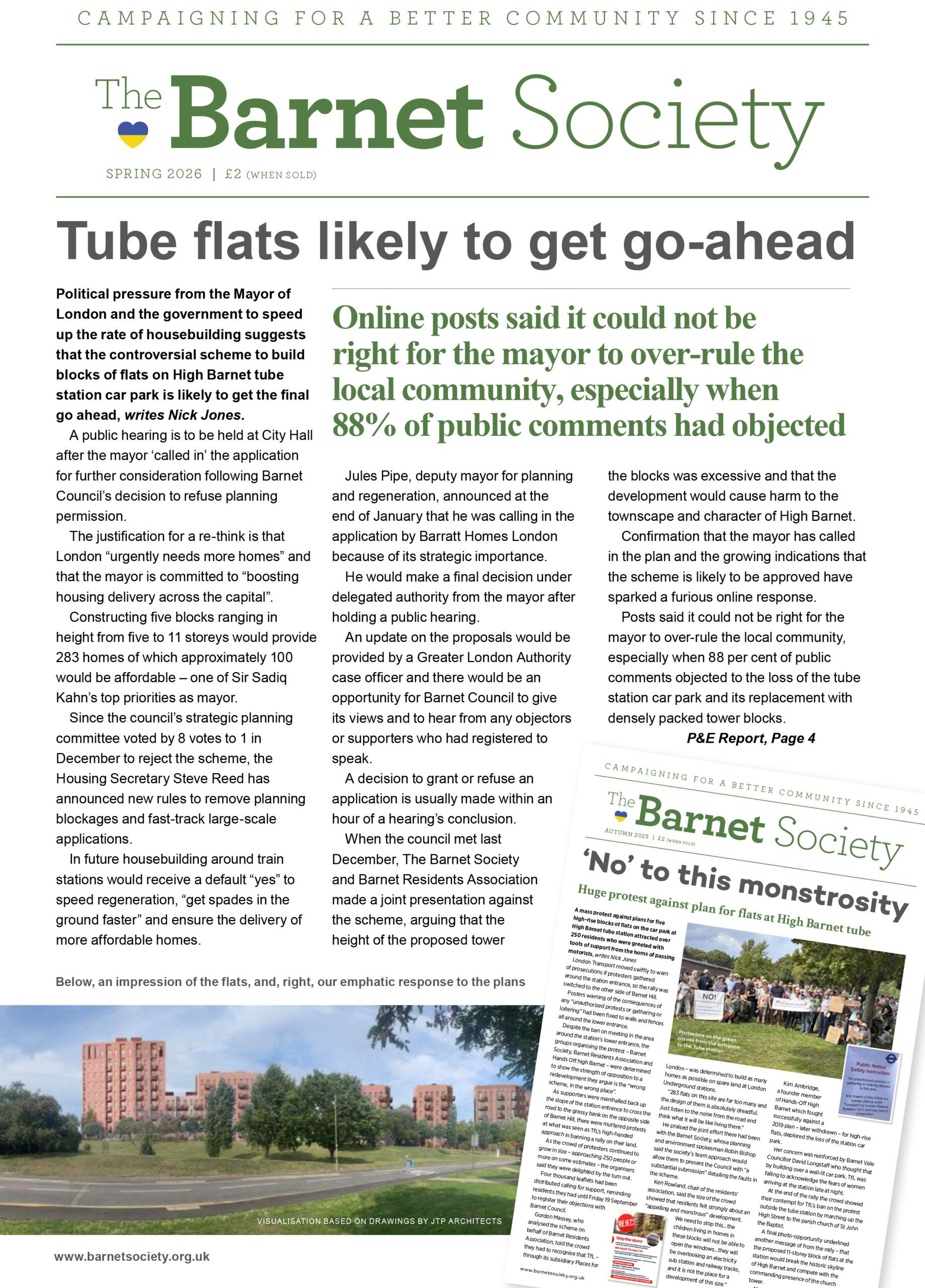After staging Shakespeare’s tragedy Macbeth, High Barnet drama group to explore Charles Dickens’ rich literary association with Barnet and Finchley
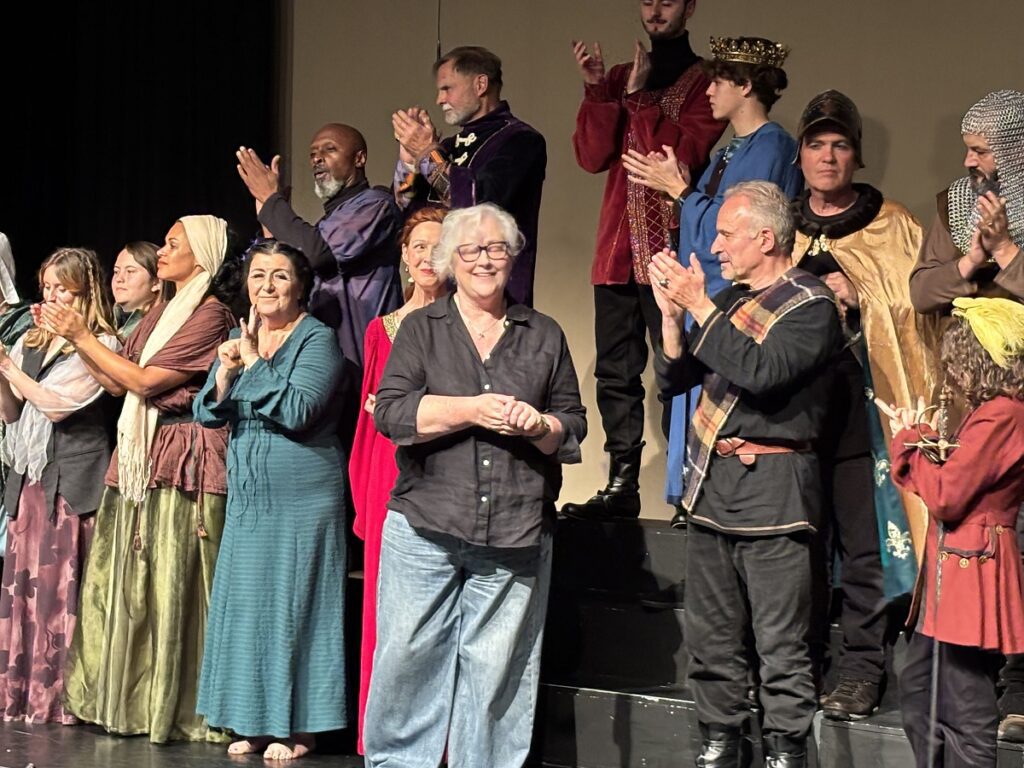
Artistic director Siobhan Dunne takes the applause at the final performance of Macbeth at The Bull Theatre…and already she is planning the next production by the Blue Door Company, High Barnet’s highly acclaimed drama group.
Charles Dickens Comes to Barnet is to be the story line for another of Blue Door’s locally inspired plays which build on the town’s rich history and literary connections.
Writing and scripting for the new play is due to start in November ready for a premier performance at The Bull Theatre in April next year.
After a run of highly popular productions which have explored the impact of the Battle of Barnet, the importance of Barnet Fair and most recently the year that Dr David Livingstone lived at a cottage on Hadley Green, the new drama will explore Dickens’ connections with both Finchley and Barnet and bring to life local links to immortal Dickens’ characters such as Oliver Twist and Mrs Gamp.
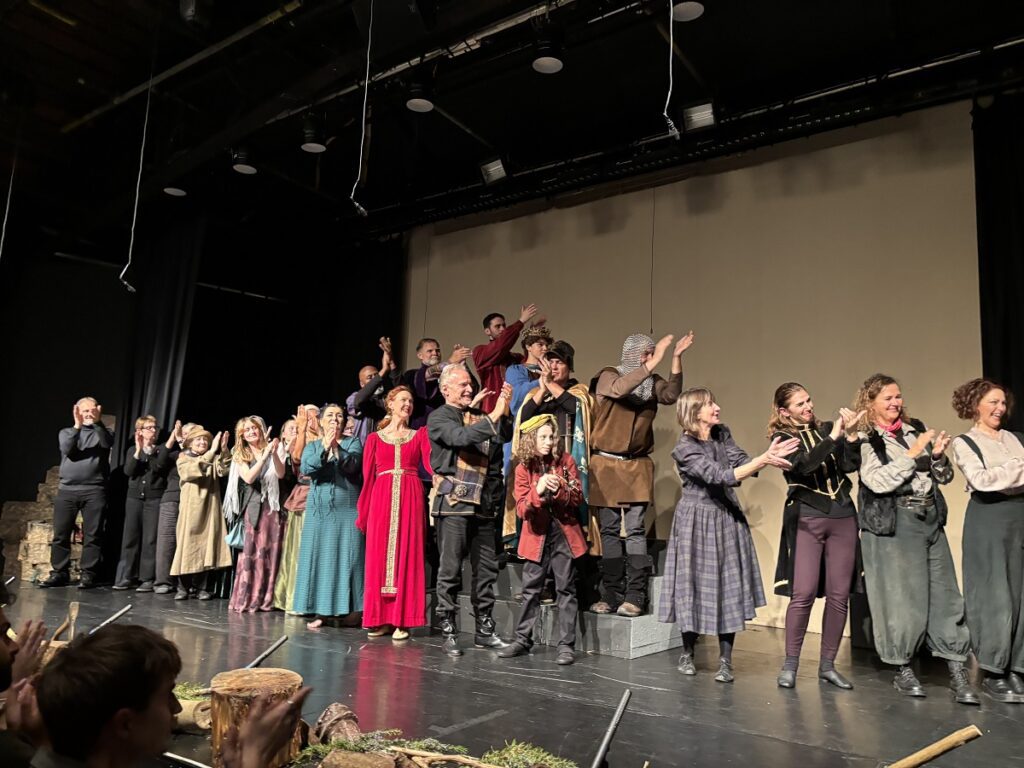
Packed audiences at The Bull Theatre for the group’s imaginative and daring production of Macbeth demonstrated the strength and versability of High Barnet’s community theatre company which brings together total beginners alongside members with decades of performance experience, backed up by dedicated local professional artists.
On the closing night, Francesco Giacon, who played Macbeth, led the thanks to Ms Dunne for her inspirational leadership and declared:
“We encounter ye with our hearts’ thanks” – based on the line from the play when Macbeth greets his guests at the banquet and says to the first murderer, “See, they encounter thee with their hearts’ thanks.”
In response, Ms Dunne reflected the pride of the Blue Door Theatre Company in having pulled off their own original presentation of a Shakespeare classic.
“We recognise it has been a real privilege to perform Macbeth here in Barnet.”
“We manage two shows a year and we have so many people to thank for helping us to keep community theatre alive in the town.”
Ms Dunne appealed to the audience – and the residents of Barnet and beyond – to recognise the challenge they faced in keeping the lights on at a venue which was 40 years’ old, and which was in need of an upgrade.
A GoFundMe campaign has been launched to raise a minimum of £10,000 towards the cost of updating theatrical equipment and protecting the future of The Bull Theatre.
Blue Door’s production of Macbeth was another milestone for Blue Door. It was the first time Ms Dunne had led a full theatrical company in staging Shakespeare’s play about the destructive consequences of unchecked ambition and power.
With the help of their production team, Blue Door delivered a stunning performance which conjured up a supernatural atmosphere full of music, sound and eye-catching projections.
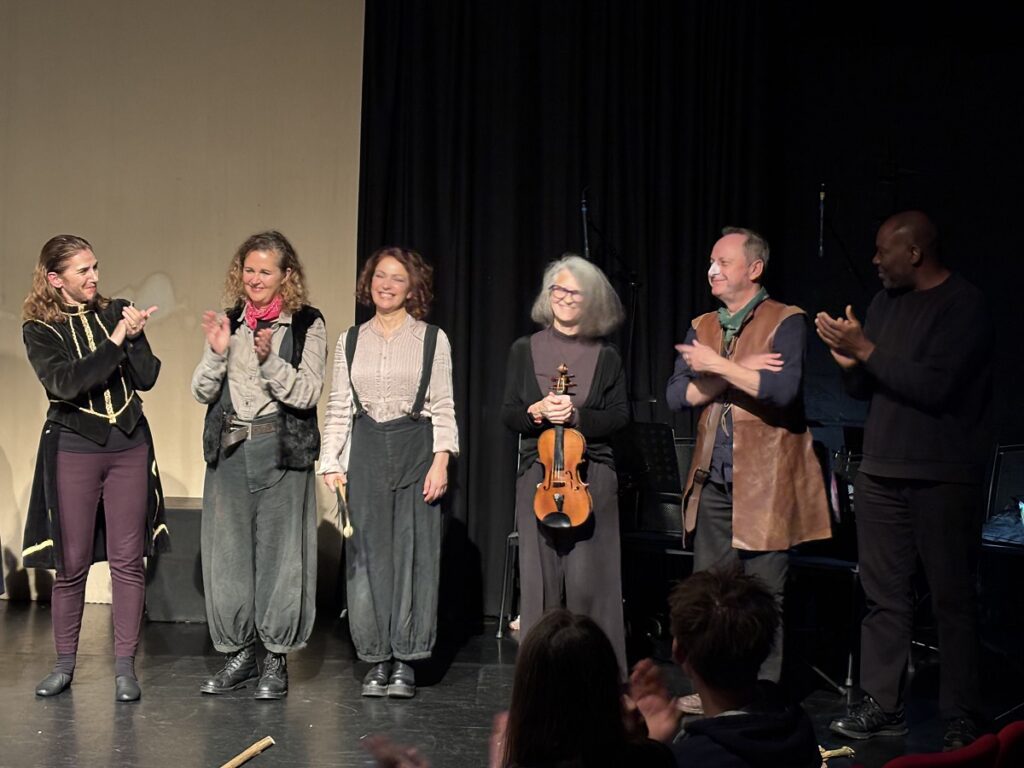
Composer Nick Godwin created an original music score for the chorus and musicians who won a special round of applause (see above) – Helen Brown (violin), Nick Godwin (guitar, bouzouki, bodhran, mandolin) and Ned Wilkins (bass ukelele).
In her programme introduction to The Tragedie of Macbeth, Ms Dunne reveals that their next production will explore the relationship that Charles Dickens had with Barnet and Finchley called – Between the Lines.
Work on writing the script will start in November – a joint task for Claire Fisher, who played Lady Macbeth, and whose play Mary Livingstone, I Presume was staged earlier this year, and Sarah Munford, who was one of the three witches in Macbeth and who has been a regular cast member in productions by Blue Door and its sister company The Bull Players.
Rehearsals are due to start in January ready for the play to be staged next April.
Dickens paid many visits to Finchley and Barnet and the time he spent in the locality proved a great inspiration when writing his novels.
On a number of occasions, he was said to have taken his wife to dine at The Red Lion during the 1830s.
At the time he was writing Oliver Twist and Oliver is said to have met the Artful Dodger in Barnet High Street on the steps of what was the former Victoria Bakery.
It was there that Oliver “sat, with bleeding feet and covered with dust, upon a doorstep” after he had “limped slowly into the little town of Barnet”.
While crouching in the High Street, Oliver wondered at the “great number of public houses (every other house in Barnet was a tavern large or small), gazing listlessly at the coaches as they passed through”.
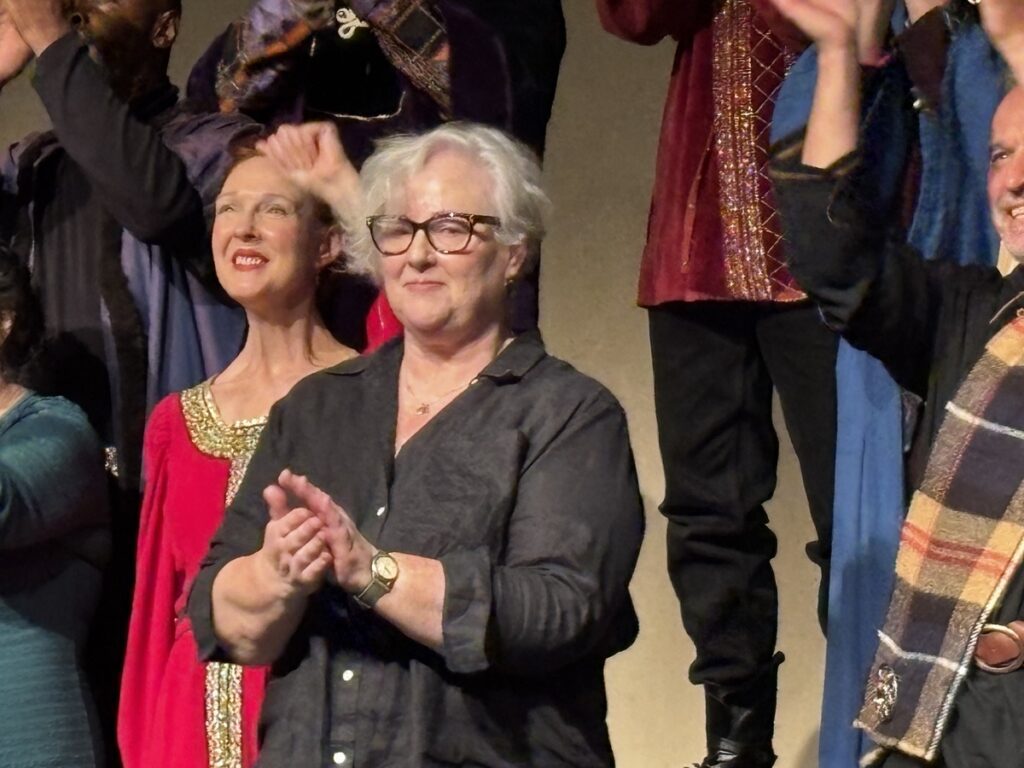
Ms Dunne – with Claire Fisher (above left) – said the Dickens’ play will definitely reflect the historic importance of the licensed trade in Barnet; so, expect references to The Mitre and The Bull as well as The Red Lion.
There is also a strong chance that Dickens visited the former Barnet Union Workhouse – although this is disputed by some historians – and that this was the workhouse depicted in Oliver Twist.
A friend had urged Dickens to visit the workhouse after hearing one of its young inmates “ask for more”.
Barnet gets its own mention in Dickens’s Dictionary of London (1879): “A pretty and still tolerably rural suburb, but on the north side of London and on clay…The best part of Barnet, from a residential point of view, is the ring of villas round the common”.
Finchley also has strong connections with Dickens’ work. In 1843 he lived at Cobley’s Farm on Bow Lane while writing Martin Chuzzlewit and used to visit the Green Man in East Finchley.
It is recorded that during his walks in the lanes around Finchley with the writer John Forster that Dickens conceived the immortal character Mrs Gamp.
Tags: #Battle Of Barnet #High Barnet #People And Personalities

